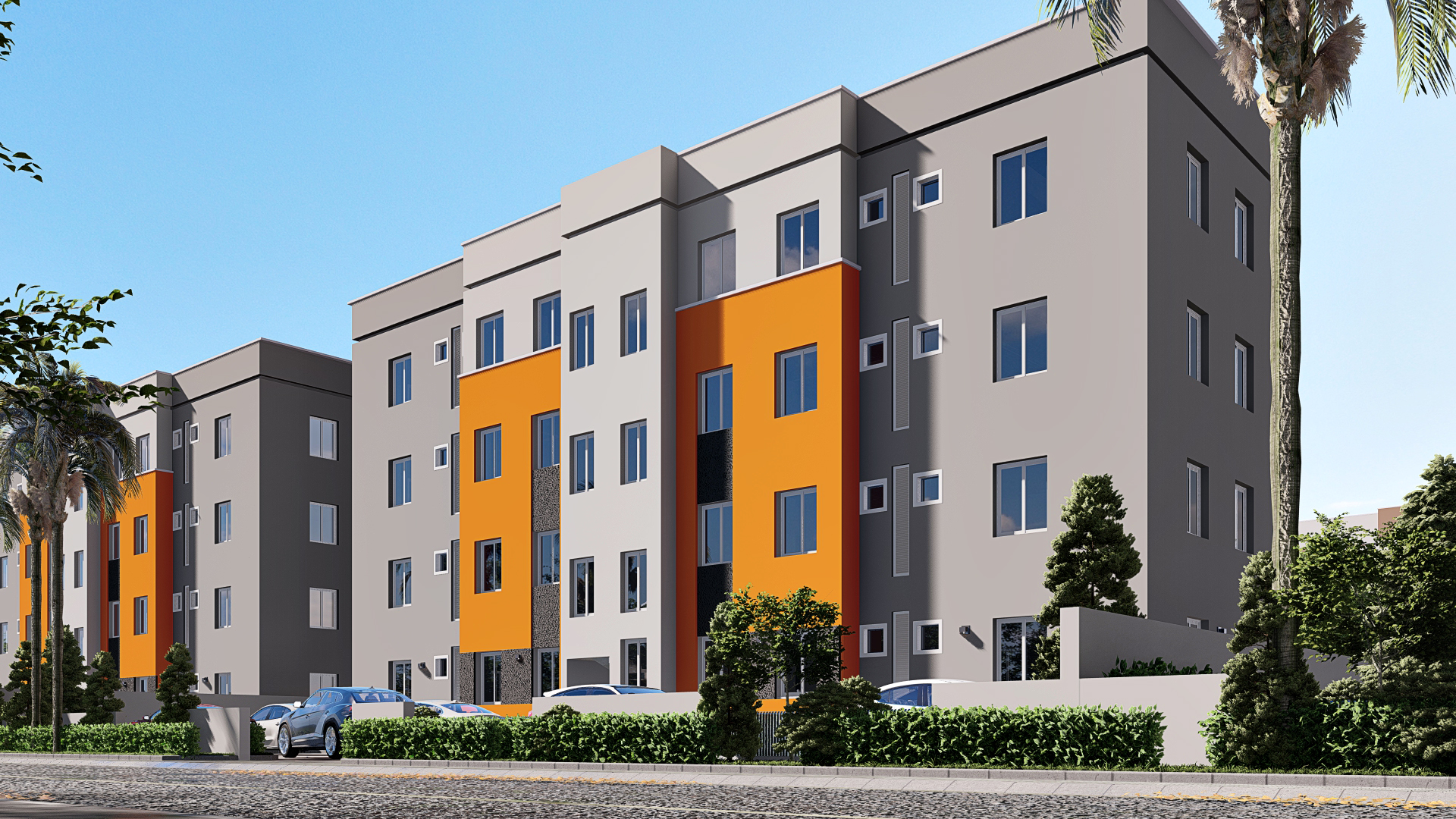
The cost of homes is now rising faster by as much as 25 per cent in major cities in the country, and exacerbating affordability challenges for buyers. Although the current trends are driving many prospective homeowners to the outskirts, where there are shortages of infrastructure such as roads, drainage and electricity, professional agents revealed that there are still people buying and selling properties despite the rising cost, but home sales are slower than usual.
The Nigerian housing market represents a segment of the economy directly impacted by rising interest rates and continues to bear the brunt of today’s rising inflation. Higher mortgage and interest rates, combined with rising home values are fueling an increase in house prices, which is now a much costlier expense for potential buyers than was the case a year ago.
For instance, interest rates averaged 11.89 per cent from 2007 until 2024, reaching an all-time high of 24.75 per cent in March of 2024 and a record low of 6.00 per cent in July of 2009. The Central Bank of Nigeria (CBN) raised its key benchmark interest rate by 200 basis points to 24.75 per cent in March 2024, which is bound to further accelerate the cost of doing business and lead to massive job cuts across the country, especially among private sector operators.
The lending rate increased to 29.38 per cent in March from 26.55 per cent in February of 2024, while data released by the Nigeria Bureau of Statistics (NBS) showed that the headline inflation rate climbed to 33.69 per cent in April 2024, up from 33.20 per cent in March 2024, representing a notable increase of 0.49 percentage points.
Among the effects is the rise in building material prices such as cement, blocks, doors, reinforcement rods, sands, timber, paints, roofing sheets, glass and tiles by over 75 per cent in the last 12 months, which has become a source of concern to built environment professionals because of the direct impact on supply, affordability and accessibility to housing, especially for low and middle-income earners.
For instance, a two-bedroom and three-bedroom apartment in Lekki, earlier advertised for N115 million and N130 million is now being sold for N125 million and N140 million respectively, while a four-bedroom bungalow in Ojokoro in Ifako- Ijaiye council, offered last year at the cost of N45 million has climbed to N60 million.
The Guardian learnt that the current financial events have also impacted mortgage rates, as high interest rates led to a rise in operating costs in property development resulting in higher delivery costs of homes in the market. Apart from low demand in the face of rising prices, threatening the businesses of property developers, operators foresee a rise in incidents of bad loans.
The Chairman, Lagos branch, Nigerian Institution of Estate Surveyors and Valuers (NIESV), Mr Gbenga Ismail, agreed that the cost of homes has been affected by the hike in interest rate. “Interest rate is part of the variable cost, so, inevitably, it feeds into the cost of building, which means high prices, especially for new build,” he said.
According to him, all increases are linked to inflation and cash flow increases. “We need to focus on lowering the cost of building materials and property registration, which affects house prices. The government should be an interventionist as it owns all land. Again, taxes can be reduced for first-time buyers, thereby making access easier for younger buyers,” Ismail added.
The Chairman, Association of Capital Market Valuers (ACMV), Mr Chudi Ubosi, said the rising home prices are not only caused by the rising interest rate. “It’s more from the currency devaluation, foreign exchange instability and accompanying inflation,” he said.
Ubosi, the Managing Partner, Ubosi Eleh and Company, disclosed that the prices have risen by as much as 25 per cent in certain locations as investors try to accommodate for inflation. He also stated that “the inflationary trend has led to increased prices for building materials and construction costs. Land values are also gradually creeping up.” He said the rising prices reflect the entire gamut of governance and its effect on citizens.
“Effective and efficient government will create or provide the right environment for economic growth that will help bring down real estate prices.“It’s doubtful that these prices can come down in isolation. Good and transparent, as well as accountable government with clear and visible integrity will also bring change to the real estate sector,” Ubosi said.






